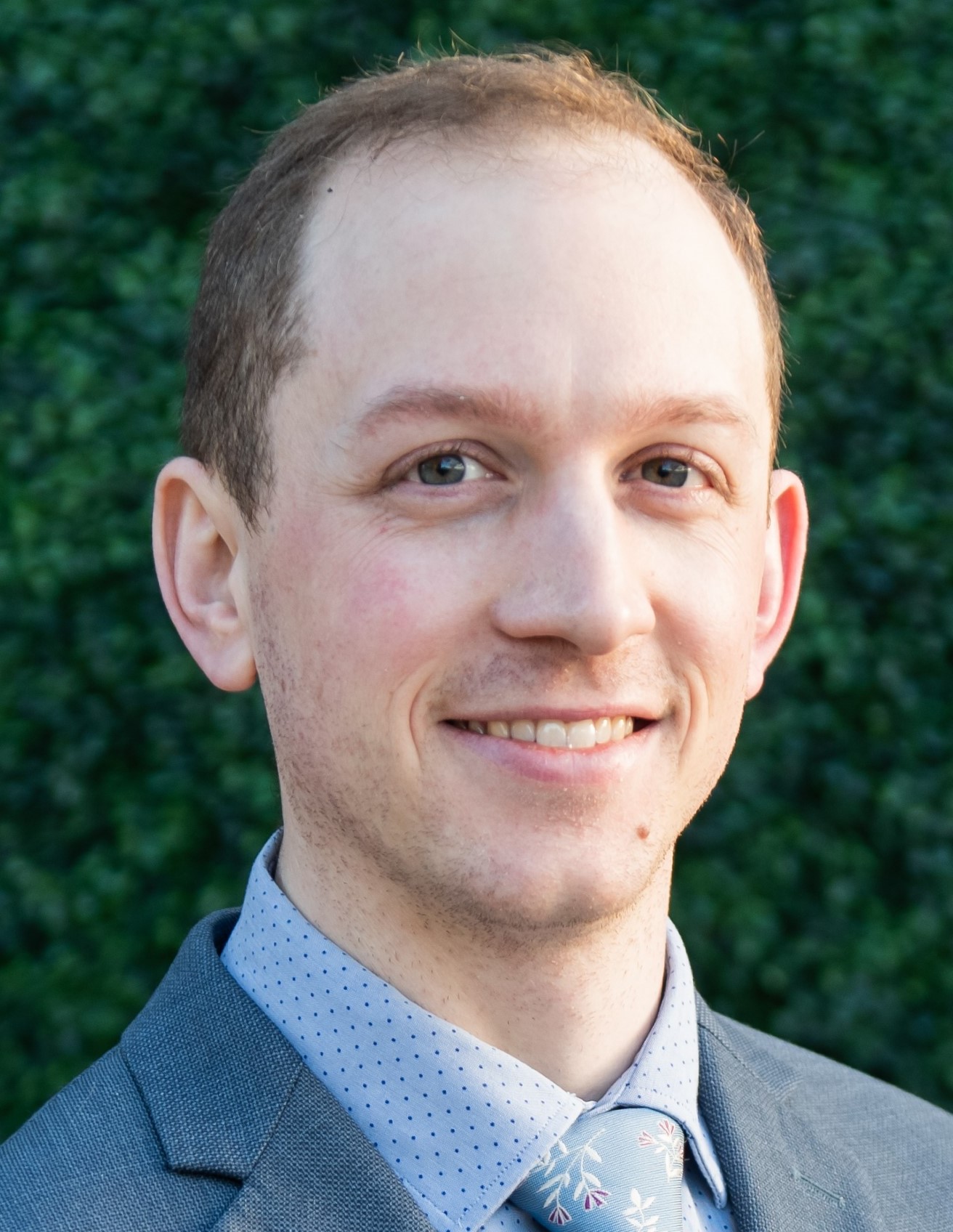Speakers
Lauren Black, PhD
Distinguished Scientist, Charles River Laboratories

Lauren E. Black, Ph.D. is Distinguished Scientist at Charles River Laboratories, in the Scientific Advisory Services group. She advises global clients in industry and CRL senior staff on topics related scientific program strategy, translational research, and regulatory safety. She has >30 years’ experience in accelerated drug development, especially novel technologies and life-threatening/rare diseases.
Prior to joining Charles River, Dr. Black worked 11 years at FDA as a Reviewing Pharmacologist in the Centers for Drug Evaluation and Biologics Evaluation. She guided and analyzed pre-IND, IND, and NDA research, wrote guidances (immunotoxicology, starting doses, rheumatoid arthritis, biologics, xenotransplantation, and oligonucleotides), and represented FDA on topics related to relevant species and indices used to set safety margins (translating PADs and NOAELs). She was a founding co-author of the FDA Human Starting Dose guidance.
Reviewing ~1K preINDs and INDs (high risk phase 1/2a trials conducted in patients), her portfolio included recombinant proteins, cell-based products, plasmids, gene therapies, and vaccines, focusing on relevance of various cell and animal models to human risk prediction. An innovator in 3Rs, she convened a collaborative conference with NC3Rs, FDA and industry attendees, resulting in a high impact publication on multiple approaches to reducing animal use in toxicology (Regul Toxicol Pharmacol 2013 Jun;66(1):88-103). She served on the BioSAFE Leadership and Advanced Medicine committees and led their white paper on low “n”, large model cases which precluded downstream drug failures (mAbs, 9:5, 742-755 (2017) DOI: 10.1080/19420862.2017.1324376). Recently, Dr. Black founded a single species approach for risk assessment of oligonucleotides intended for N=1 patient trials, while guiding 3 academic centers to successful expanded access INDs (i.e., NEJM 2019; 381:1644-1652 DOI: 10.1056/NEJMoa1813279). This approach is represented in the FDA guidance “Nonclinical Testing of Individualized Antisense Oligonucleotide Drug Products for Severely Debilitating or Life-Threatening Diseases (04/2021)”.
In 2022, Dr. Black received the Charles River President’s Award for her work on ultrarare disease, reducing research hurdles for families in need. In 2019, Dr. Black was awarded the Society of Toxicology (BTSS) Career Achievement in Biotechnology Award, recognizing her career impact on safety of biologics. She regularly consults for government and precompetitive advisory panels and for portfolio assessments hosted by industry. She led scientific symposia at ACT and SOT, is a full member of SOT, and teaches annually on strategy for the American College of Drug Development (the recommended onboarding course for new FDA scientists). Dr. Black received her B.S. from Carnegie Mellon University (1982) and researched endogenous opiate systems at Walter Reed. She earned her Ph.D. (1989) in Pharmacology and Toxicology from the Virginia Commonwealth University School of Medicine and served as an IRTA Postdoctoral Fellow at NINDS, publishing research on GPCR signaling in cultured neuronal cell lines.
Co-Chairs, IQ Novel Modalities Working Group
Nagendra Chemuturi, PhD
Scientific Director, Research, Takeda

Nagendra Chemuturi received his Bachelor Degree in Pharmacy, with Distinction and two gold medals, from Kakatiya University, India. He worked as a pharmaceutical sales representative before pursuing his Ph.D. at the University of Iowa. He was awarded the AAPS Graduate Symposium Award in 2005 for his dissertation work on the role of nasal drug transporters and metabolism in preferential nose-to-brain uptake of dopamine into brain. He started his career in the US at Vertex Pharmaceuticals in 2005. Since then, he has worked at Alcon-Novartis and Seattle Genetics, and is currently with Takeda Pharmaceuticals. His experience lies in the fields of oncology and ophthalmology having served as DMPK lead on several small and large molecule projects. He is currently working on viral gene therapies including clinical aspects of viral gene therapies. He has given podium presentations at several scientific conferences, and is active in IQ consortium, having co-led the MABEL working group and currently co-leading the Novel Modalities WG. He has co-authored several articles and book chapters.
Vibha Jawa, PhD
Executive Director, Bristol Myers Squibb

Dr. Vibha Jawa is an Executive Director for Biotherapeutics Bioanalysis in Nonclinical Disposition and Bioanalysis (NDB) organization at Bristol Myers Squibb. Vibha is responsible for leading biotherapeutic and cell /gene therapy bioanalytical (BA) function supporting DMPK and immunogenicity, and provide strategic and scientific oversight for BMS developmental portfolio. Vibha was at Merck for 4 years where she lead the Predictive and Clinical Immunogenicity group and at Amgen for 14 years supporting Discovery to Development for biotherapeutics. Vibha has 20+ years of experience in diverse fields of biologics , vaccine development and gene therapy with successful support of 20 + IND, BLA and MAA filings. Vibha is a recognized leader in Bioanalysis and Immunogenicity with 50+ peer-reviewed publications and serves as a Reviewer and Editor for The AAPS Journal and J. Pharm Sci. She is an active member of multiple scientific societies and consortiums ( IQ, SC space Consortium and EIP) .Within AAPS, she is Steering Committee member of the Therapeutic Product Immunogenicity Community, past chair of Immunogenicity Risk Assessment and Mitigation Community and leads the IQ Consortium for Cell/Viral/Gene therapies. Vibha enjoys volunteering as a board member for the state youth orchestra and mentoring high school students on STEM related projects in her free time.
Vasant Jadhav, PhD
Senior Vice President of Research, Alnylam Pharmaceuticals

Vasant Jadhav is a Senior Vice President of Research at Alnylam Pharmaceuticals, where he leads the Alnylam Technology group responsible for siRNA designs, new applications and delivery solutions that have led to 5 approved drugs and deep pipeline across multiple tissue targets. Prior to Alnylam, Vasant was at Sirna/Merck for 12 years and worked on optimizing siRNA chemical modifications and leading the efforts on conjugate delivery approach. He obtained his PhD in Biotechnology from the University of Pune in 1998 and post-doctoral fellowship at University of Colorado, Boulder working on ribozymes. Dr. Jadhav has authored >30 peer-reviewed publication in the field of nucleic acids therapeutics.
Eric Camino, PhD
Vice President, Research & Clinical Innovation, Parent Project Muscular Dystrophy

Eric Camino, PhD, is the Vice President of Research and Clinical Innovation at Parent Project Muscular Dystrophy (PPMD). Currently he guides the research strategy for PPMD and works collaboratively with industry stakeholders through efforts such as the Duchenne Drug Development Roundtable to harmonize clinical trials to accelerate the development of therapies and enhance patient experience in trials. Eric received his PhD in biology from the University of Dayton.
Advait Badkar, PhD
Executive Director- DPDD (Head of Nanoparticle Development), Pfizer

Advait Badkar, is an Executive Director at Pfizer, and leads the Drug Product Design and Development organization. He also leads the cross-functional, multi-site team responsible for the complex formulation and manufacturing process of the BioNTech/Pfizer COVID-19 vaccine drug product including scale-up, technology transfer, and registration across global markets. Advait’s team at Pfizer specializes in novel delivery technologies with emphasis and expertise in nanoparticle-based modalities and the Pharmaceutical Research and Development laboratory in Andover, MA is the US site where all the lab-scale and pilot-scale work for the final vaccine vialed product is done.
Jacques Saarbach, PhD
Yale University

Jacques Saarbach/Dr Saarbach was born and raised in the northeast of France. He graduated from the ENSCM in Montpellier (France) with a master’s in chemistry and a master’s in Biology. From 2014 to 2019, during his PhD training at the University of Geneva in the Winssinger lab, Dr. Saarbach focused on expanding the use of Peptide Nucleic Acids. These artificial nucleic acids share the same nucleobases as DNA or RNA on a peptide backbone. He used PNAs to create and screen DNA-PNA encoded chemical libraries and identified modulators of p97. His work also involved the development of fluorescence biosensors or increasing the cellular permeability of PNAs. In January 2020; Dr Saarbach joined the laboratory of Craig Crews at Yale University as Swiss National Science Foundation fellow, where he works on the synthesis and characterization of heterobifunctional small molecules for protein degradation, such as PROTACs or other modalities.
IQ Protein Degraders Working Group Representatives
Michelle Hemkens
Pfizer
Michelle has over 20 years of drug research and development experience that started in St. Louis, MO in the Pharmacokinetics, Dynamics & Metabolism department of Searle/Pharmacia. In 2004 she moved to La Jolla, CA to work in a rapidly growing Safety Pharmacology department at Pfizer. Over time responsibilities broadened and transitioned into her current role as Drug Safety & Regulatory lead for early to late stage projects, which includes targeted protein degraders. She currently co-chairs the IQ Protein Degrader Working Group and contributes to the HESI Targeted Protein Degrader Committee.
David Nettleton, PhD
Novartis
David Nettleton is an Associate Director in PK Sciences in Novartis. He received a Ph.D. in Biochemistry from the University of Illinois at Urbana-Champaign (UIUC, 1985), studying methylation and demethylation of bacterial chemotaxis proteins. As a Post-Doc in the College of Medicine at UIUC, he used electron spin resonance to investigate the biophysics and redox chemistry of mammalian cell membranes. His first industry position was at Bristol-Myers Squibb (1989), where David investigated dermal inflammation, primarily the release of arachidonic acid by PLA2 and the formation of inflammatory mediators. Moving to Pfizer in 1993 and joining the New Leads group, he developed and prosecuted plate-based assays for ~100 hit/lead discovery projects (enzyme, ion channel, receptor, and cell-based). Using this assay experience, David transitioned to in vitro ADME in the Pfizer Candidate Enhancement group in 2000, where he implemented plate-based assays for microsome lability and hERG binding. During this time, he derived the initial version of the net effect equation (DMD 36,1698). He also supervised CYP inhibition and CYP inactivation assays. After a reorganization in 2004, which placed David into an in vitro safety group at Pfizer, he investigated plate-based safety assays using imaging technology (micronucleus, comet, oxidative stress). He joined Novartis in 2007 as an in vivo PK scientist, representing PK on drug discovery project teams. Over 15 years at Novartis, he has worked on ~60 discovery projects, more recently focusing on molecules outside rule-of-5 space. This includes TPDs, bringing him to this Protein Degrader DruSafe exploration. In >40 years of academic and industry research, David has published >30 papers. Additionally, he has developed and taught courses in enzymology (in multiple sites at both Pfizer 2000-2006 and at Novartis after 2007), as well as receptor occupancy and PK at Novartis.